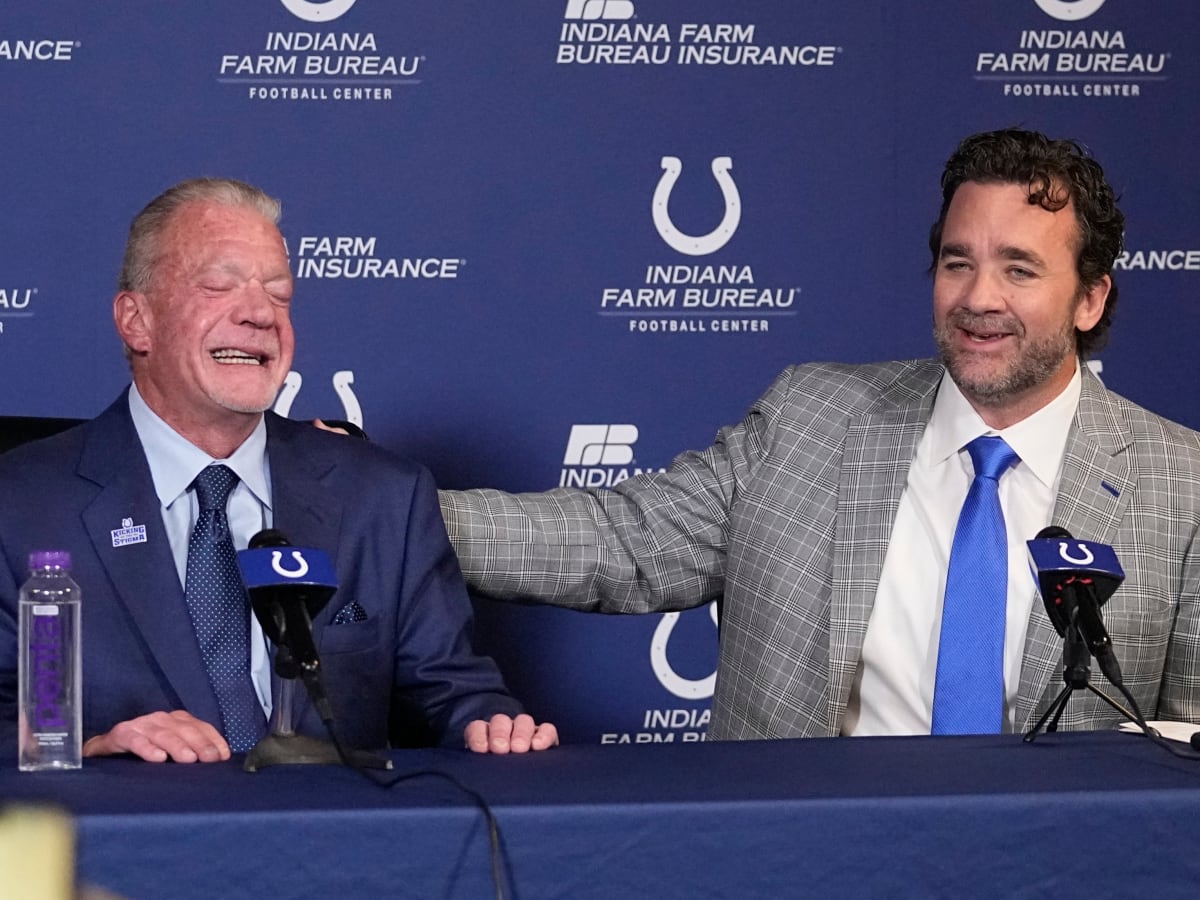I'm a huge Philadelphia Eagles fan and love the NFL. Often I use football analogies when explaining Scaling Up. This week's news from the Indianapolis Colts sent shockwaves through the NFL's coaching ranks and presented the perfect situation to question how we think of experience.
After an abysmal start to the season, Colt's ownership decided to part ways with their head coach. Typically when this happens, the owner hands the reins to an assistant coach to act as interim coach to finish the season. However, that's not what owner Jim Irsay did. Irsay hired an ex-Colts player whose highest level of coaching experience was high-school football. The move raised eyebrows.
Isray hired former Colts Center Jeff Saturday as interim head coach. Around the league, analysts and pundits mocked Isray and the Colts organization. While many respect the player that Saturday was, they also point to his lack of experience as a glaring weakness.
Are they right to do so?
A meta-analysis 81 studies on hiring data points to a poor correlation between past work experience and position success. It states, "Overall, the present findings suggest that the types of pre‐hire experience measures organizations currently use to screen job applicants generally are poor predictors of future performance and turnover. We therefore caution organizations from selecting employees based on such measures unless more positive evidence emerges."
Rather than looking at experience, several articles point to the trend of hiring for "learning agility." It's the ability to quickly learn new skills and implement them in response to changing business conditions.
In a May 2022 interview with HBR, Accenture CEO Julie Sweet said, "Let's just start with one of the most important things that we look for actually, no matter who you are, is your ability to learn, learning agility. Because we know that while we may hire you for a certain set of skills, the rate of change and the need for skills is quite rapid. So there's lots of research on this, that skills that were around in the Fortune 500, for example, in 2017, that approximately 40% are no longer relevant."
I am still looking for a stellar example of how to hire for the ability to learn. If you've come across great example, please let me know. However, we do have tools to help improve the hiring process, such as Topgrading, and one recent new product I came across this week, Intertru. Both try to systemize the hiring process by structuring questions to eliminate bias, collective scoring, and checking for values alignment.
Going back to Isray, earlier this week, he said, "I'm glad he doesn't have any NFL experience." He believes modern coaches are stuck in group think and analytics. If he is correct, it's only the second time in NFL history since the Eagle's Norm Van Brocklin that a non-experienced coach has succeeded in the NFL. I wish him luck; I love a good underdog story.
For the rest of us, it's time to reevaluate if we are hiring for the ability to learn, or if we are putting too much emphasis on past experience.

